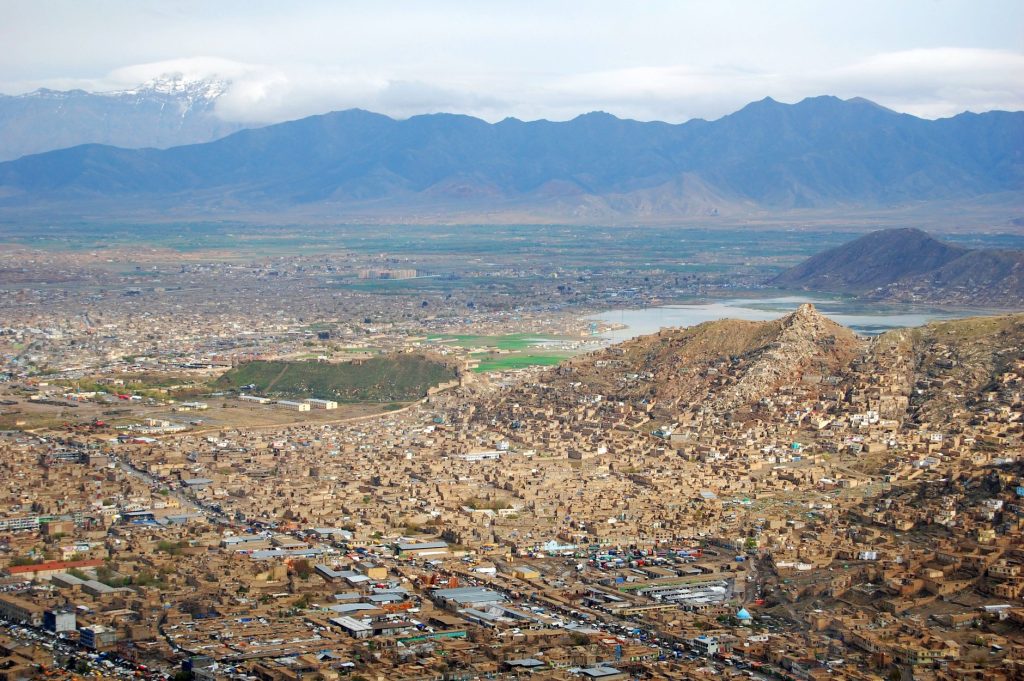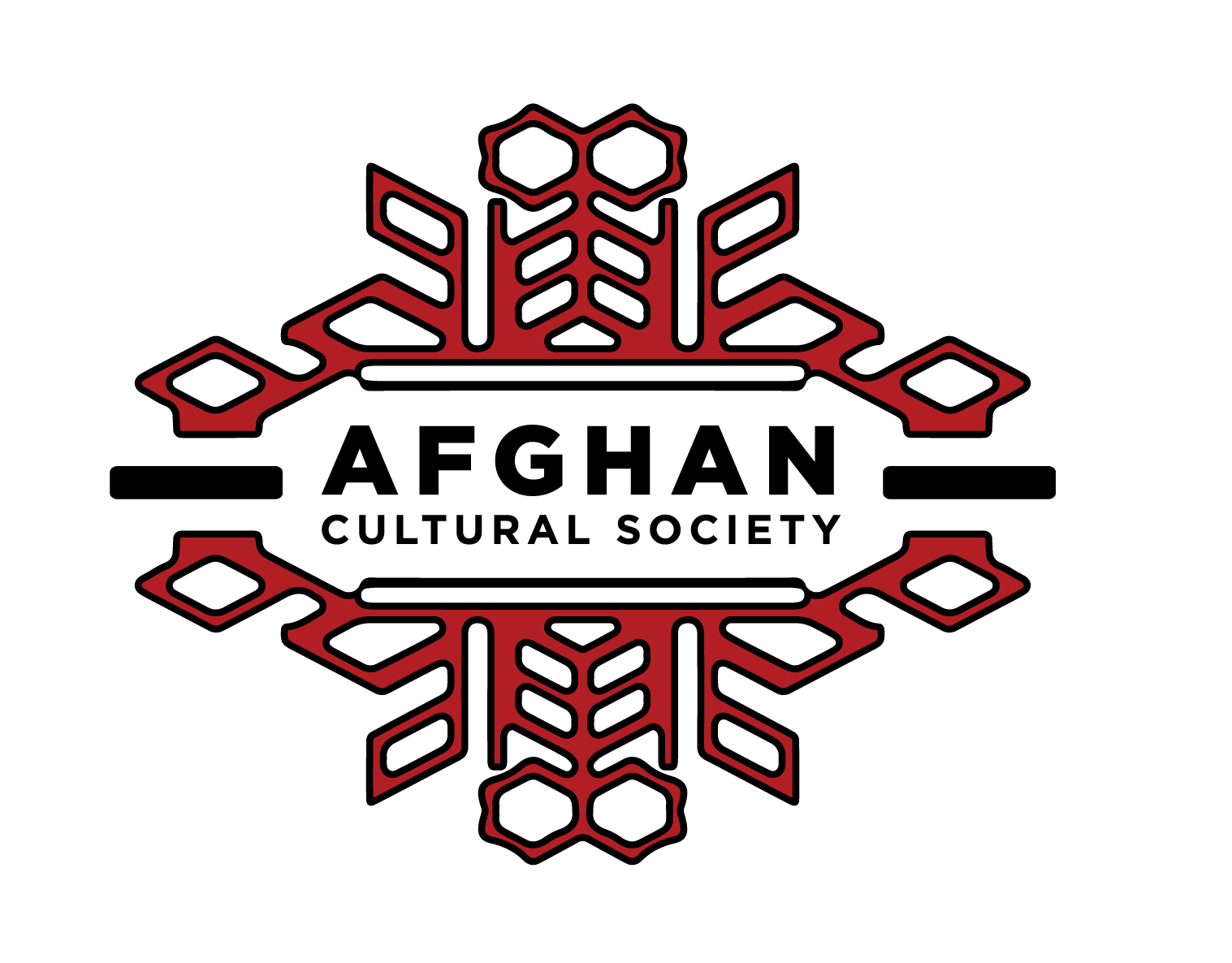Afghanistan, Treasure Trove of Ethnicities: Part 2
Published on Thursday, Oct 31, 2024
Written by Rahim Rostayee

The Etymology of “Pashtun”
The “Pashtuns” people are known by various names, including Afghan, Patan, Pakhtun, and Pakhto. Indians and Pakistanis refer to them as Patan/Paatan, Persian speakers in Afghanistan as Afghan, and the Pashtuns themselves as Pashtu, Pashtun, Pakhto, and Pakhtun (Kateb, 47:1372). [1]
Patan
The “Tarikh-e Ferishta” attributes the origin of the term “Patan” to the city of “Patna” in India. According to this historical account, Afghans residing in Patna were referred to as “Patans.” Another explanation provided by Khwaja Nematullah Samani Heravi author of “Makhzan-e Afghani” suggests that the term “Pathan” is derived from the title given to Qais, the great-grandfather of the Pashtuns. Prophet Muhammad (PBUH) bestowed this title upon Qais ibn Ayssa in recognition of his services and conversion to Islam.
The Arabic word “Patan” has been interpreted as meaning “arrow of a ship’s sail.” However, this view is rejected by “Kateb” who argues that the Persian letter “pe” (پ) and the Hindi letter “ta” (ط) are not commonly used in Arabic.
Afghan
However, the reason why Pashtuns are called “Afghan,” despite their reluctance to use this term [2], is attributed to “Afghana,” which was the name of the son of “Armiya,” the commander-in-chief of the army of Prophet Solomon. After the time of Prophet Solomon, when the Israelites deviated from the monotheistic religion, Nebuchadnezzar, the king of Babylon, conquered them. The descendants of the Israelites were exiled to the mountains of Ghor, Firozkoh, and the Khorasan Mountains. (Kateb, 1372: 46)
Haji Kazim Yazdani, in the margins of the book “Nizhadnameh-ye Afghan” (Genealogy of the Afghans), writes: “The term ‘Afghan’ is first mentioned in the ‘Tarikh-e Yamini‘ around nine hundred years ago. The Chinese traveler Xuanzang refers to a tribe called ‘Apokyn’ in the Ghazni region, which some historians believe may be the same as ‘Afghan’.” (Kateb, 1372: 46) One of the Mongol tribes residing in Kerman province of Iran is also called “Owghan.” (Ibid, 48)
Willem Vogelsang writes: “Most foreigners seem to have used this name to describe a number of people on the Indo-Iranian border, who may or may not have been Pashtuns.” (Willem Vogelsang, 2002: 49) [3]
According to Vogelsang, the term “Afghan” first appeared in the late 10th century in the book “Hudud al-‘Alam”. In this book, a place called “Sawal, a pleasant village located on a mountain where Afghans live,” is mentioned. Some historians believe this village was near the city of Gardez. The book also mentions another village near present-day Jalalabad, whose local sultan had many wives from Hindu, Muslim, and Afghan backgrounds. From the time of Sultan Mahmud of Ghazni (late 10th century), the term “Afghan” became more common. Afghans at this time generally lived on the borders between Iran and India. Al-Biruni, in his “Tarikh al-Hind” (11th century), mentions that Afghans lived in the mountains of western India. Ibn Battuta (a 13th-century Moroccan traveler) also mentions Persians called Afghans who lived in the plains between Ghazni and the Indus River, and he refers to Afghans whose main settlement was around the Sulaiman Mountains in eastern Kandahar. (Fuglesang, 2002: 30)
Pashtun/Pakhtun
Regarding why Pashtuns are called Pashtu, Pashtun, Pakhtu, and Pakhtun, Hayat Khan believes that the word “Pashtun” is derived from “pashta”, meaning mountain or highland. Since Pashtuns initially lived in the foothills of the Ghor and Sulaiman mountains, they were called Pashtu or Pashtun with a slight linguistic modification. Additionally, “Pasht” is the name of a place in Ghor, Herat (the first settlement of Pashtuns). (Kateb, 1372: 46) Others believe that Pashtun/Pakhtun is derived from the Greek ” Paktyois ” and the Sanskrit “Pakhat”. The name Paktia is also derived from Paktyois. (Ariana Encyclopedia) Pakhtu or Pakhtun is the same as Pashto and Pashtun, with the “shin” sound of Pashto changing to “khai” in Persian.
Notes and References
[1] Kateb Hazara, Fayz Mohammad. (1993). Nizhadnameh-ye Afghan [Genealogy of the Afghans]. 1st edition. Qom: Esma’iliyan Press.
[2] Some believe that the term “Afghan” was imposed on the Pashtuns by non-Pashtun ethnic groups. (Kateb, 1372: 48) Until the late 19th century, the name Afghanistan was solely applied to the regions that were primarily inhabited by Pashtuns (on both sides of the Durand Line). Western and northern Afghanistan were referred to as Khorasan and Turkestan, respectively. (Fuglesang, 2002: 28)
[3] Vogelsang, Wilhelm. (2002). The Ancient History of the Peoples and Territories of Present-Day Afghanistan Until the Rise of the Afghan Monarchy (Based on Archaeological Evidence). Translated by Sohil Sabzvari. PDF version. Unpublished.
